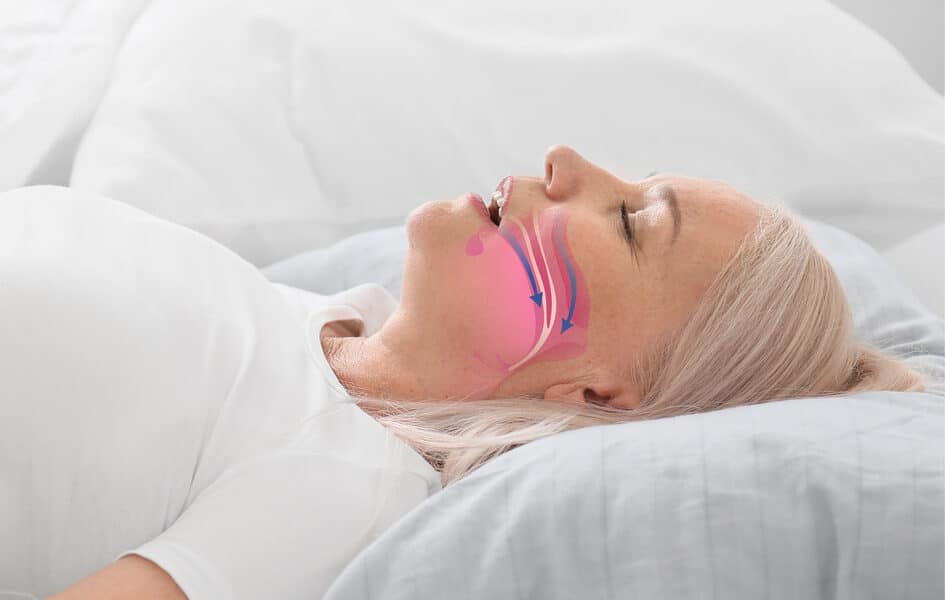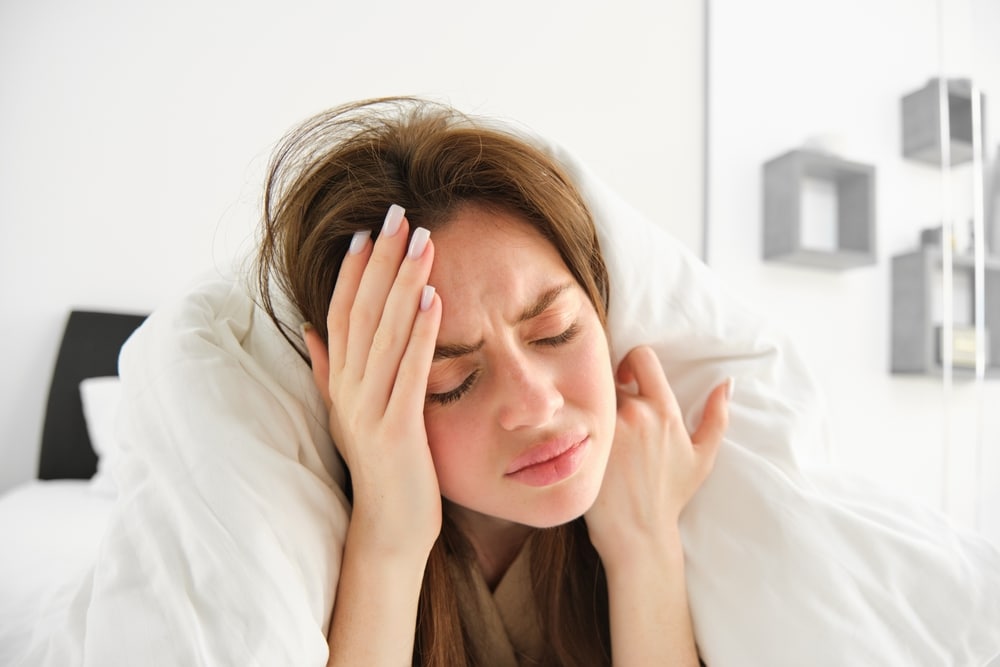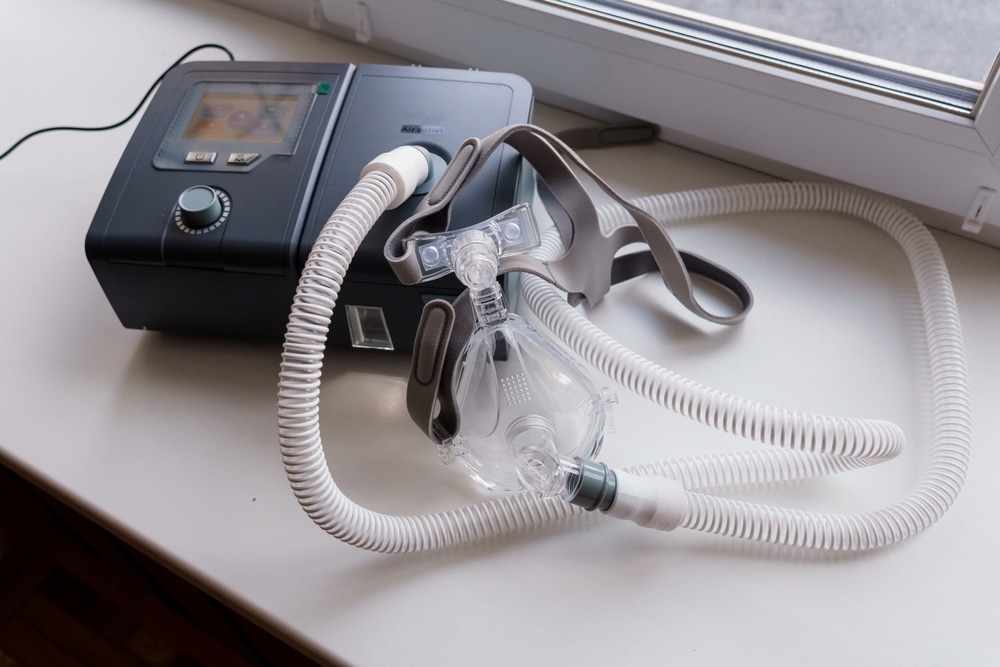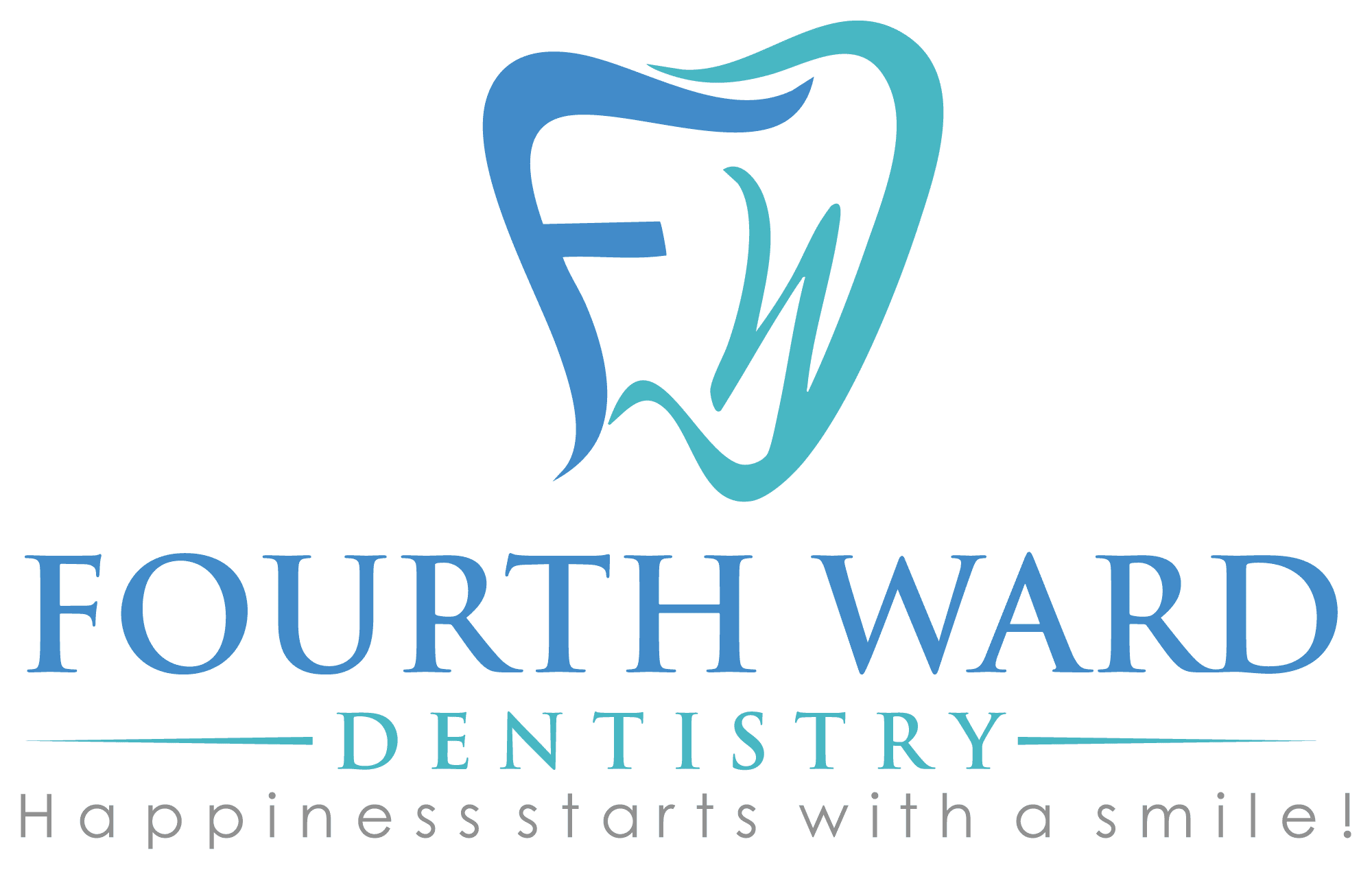Sleep apnea is more than just snoring or restless nights; it’s a condition that interrupts breathing and prevents your body from getting restorative rest. Left untreated, it can sap your energy, reduce your focus, and increase the risk of long-term health issues. Fortunately, with the right treatment, you can reclaim restful nights and more productive days. At Fourth Ward Dentistry in Charlotte, NC, we invite you to schedule a consultation today to take the first step toward healthier sleep.
What Is Sleep Apnea?
Sleep apnea occurs when breathing repeatedly stops and starts during sleep, often without the person realizing it. These pauses interrupt oxygen flow and make it difficult for the body to stay in deep, restorative stages of rest. Professional treatment is key to managing the condition effectively.
- Interrupted breathing: Episodes may last several seconds and cause oxygen levels to drop.
- Common but serious: Millions live with the condition, and many go undiagnosed for years.
- Manageable with care: With professional treatment, symptoms can improve and risks decline.

Types Of Sleep Apnea
There are three main forms of sleep apnea, each with unique causes and challenges. Knowing which type you have ensures that treatment is personalized and effective. With professional guidance, the condition can be managed successfully.
- Obstructive sleep apnea: Airway tissues relax, collapse, and block airflow during sleep.
- Central sleep apnea: The brain does not consistently signal the muscles responsible for breathing.
- Complex sleep apnea: Combines characteristics of both obstructive and central sleep apnea.

Symptoms Of Sleep Apnea
The symptoms of sleep apnea can appear both at night and during the day. Some signs are obvious, while others are subtle but still disruptive to daily life. Recognizing these symptoms early can help you seek treatment sooner.
- Loud snoring: Persistent and disruptive, often waking partners or family members.
- Gasping or choking: Startling episodes that interrupt rest and cause sudden awakenings.
- Daytime fatigue: Leads to reduced concentration, mood changes, and overall low energy.
Diagnosing Sleep Apnea
Accurate diagnosis is the first step toward meaningful relief. Sleep studies in a clinical setting provide detailed monitoring, while at-home testing kits offer a convenient alternative. In both cases, professional review ensures results are reliable.
- Sleep studies: In-depth testing that records breathing patterns, oxygen levels, and sleep cycles.
- Home testing kits: Portable devices that allow you to measure results in your own environment.
- Professional evaluation: Ensures the data is interpreted correctly for a tailored treatment plan.
Risk Factors For Sleep Apnea
Not everyone develops sleep apnea, but certain factors raise the likelihood. Lifestyle, physical anatomy, and genetics all play a part. Knowing these risks can help patients make proactive choices about their health.
- Excess weight: Fat deposits around the throat can narrow the airway and obstruct airflow.
- Family history: A genetic link may make some individuals more prone to developing sleep apnea.
- Nasal issues: Long-term congestion or a deviated septum restricts breathing during rest.

Health Risks Of Untreated Sleep Apnea
When left untreated, sleep apnea can put stress on the body well beyond poor sleep. Over time, it raises the risk of serious health complications that affect both longevity and quality of life. Seeking treatment helps protect more than just your rest.
- Heart strain: Can increase blood pressure and place added stress on the cardiovascular system.
- Stroke danger: Oxygen fluctuations may raise the chance of serious vascular events.
- Diabetes link: Poor sleep quality worsens insulin resistance and blood sugar regulation.

Sleep Apnea Treatment
Treatment is based on the severity of the condition and the needs of each patient. For some, small lifestyle changes may reduce symptoms, while others require professional therapies. The goal is always to restore natural breathing and support deeper rest.
- Lifestyle changes: Weight loss, quitting smoking, and side-sleeping can reduce mild symptoms.
- Professional therapies: May include CPAP, oral appliances, or other tailored treatments.
- Restored well-being: Consistent treatment supports better rest, energy, and daily productivity.
Oral Appliance Therapy
Oral appliance therapy provides a practical, comfortable solution for many patients. These custom-made devices reposition the jaw to keep the airway open, allowing for smoother breathing throughout the night. They are often chosen by patients seeking a simpler alternative to CPAP.
- Custom fit: Each appliance is designed to match your unique bite and jaw alignment.
- Comfortable option: Lightweight, easy to travel with, and simple to maintain over time.
- Proven effectiveness: Helps reduce snoring, maintain airflow, and support restful, deep sleep.
Breathe Easier, Live Better
Sleep apnea doesn’t just disrupt your nights; it affects every part of your life. With the right treatment, you can enjoy more restful sleep, sharper focus, and improved long-term health. Our trusted provider at Fourth Ward Dentistry in Charlotte, NC, is here to deliver care that is both personalized and effective. Call today to schedule your consultation and start your journey toward better sleep.
